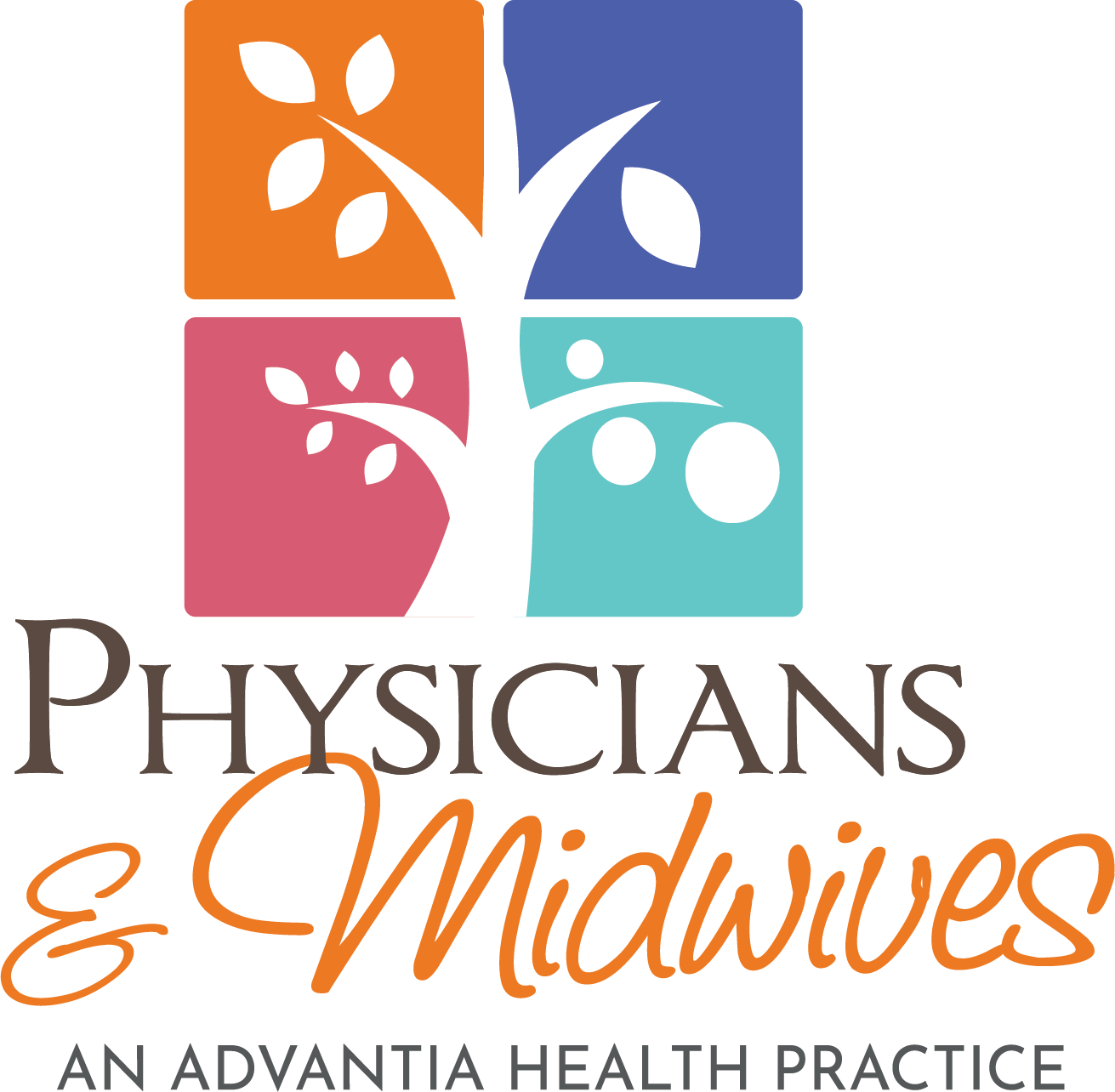
Published on: 9 July, 2014
Read Time: 3 min
Our great-grandmothers told stories about the village midwife arriving just in time to boil some water and lay out the blankets while the other children and neighbors looked on, waiting for the new arrival.
Since then, the landscape of childbirth has certainly changed.
For a while, it seems as though the OB-Gyn was the standard prenatal care provider. Although recently, midwives have re-emerged as top-choice medical providers for pregnancy, birth and women’s health.
When evaluating midwives as a prenatal care option, pregnant mothers should consider some of the lesser-known facts about midwives.
Mothers who choose midwife-led care can have their babies in a hospital.
Midwifery is often associated with home births and birth centers. However, it is becoming more and more common for hospital obstetrics teams to include midwives.
Midwives can provide full-service obstetrics care for a normal, low-risk pregnancy. A midwife can see patients from pre-conception through pregnancy, through delivery and the postpartum period.
Midwives can order pain medication or augment labor, if necessary.
It is a common misconception that midwives attend only natural, intervention-free births. While it is true that midwives attend intervention-free or low-intervention births, midwives have access to the assistive tools and techniques the birthing mother may need or want.
Much like a doctor, a midwife can start a Pitocin drip to strengthen contractions or kick-start a stalled labor. She can administer pain medication through IV to allow the mother to relax, or she can call the anesthesiologist to place an epidural.
Midwives can provide well-woman care.
Midwives are not just for mothers and babies. They routinely provide annual exams, prescribe birth control, advise patients on genetic testing, and administer recommended screenings for teenaged through senior women.
Midwives can also order baseline blood work and prescribe antibiotics for infections.
When birth does not go as planned, midwives will call the doctor.
Midwives can attend normal and moderately difficult births from start to finish. However, labor sometimes takes an unexpected turn and may require the assessment and action of an obstetrician. When birthing tools or a caesarean section are needed, an obstetrician is only a page away.
Low-risk women experience lower intervention rates under midwife-led care.
Women who choose midwife-assisted birthing are less likely to get an epidural, less likely to get an episiotomy, and less likely to need a caesarean section than mothers under standard maternity care.
Pregnant mothers today have more information at their fingertips than ever before. So, when it comes to birthing, they generally have an idea of what kind of care options are available and they have preferences regarding their birth experience. It is important to evaluate all options in order to make the best choice for you.
Physicians and Midwives, an Advantia Health Practice
Physicians and Midwives is a unique collaborative practice you won’t find anywhere else. We have 5 offices for your convenience all across Northern Virginia, including Alexandria, North Arlington, Mt. Vernon, Kingstowne, and Woodbridge. If you would like to be listened to, as well as cared for, then look no further.





